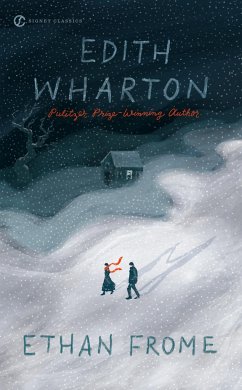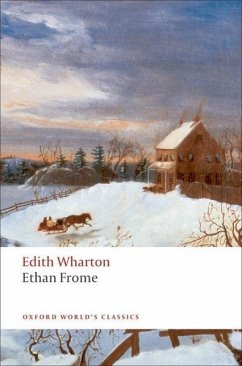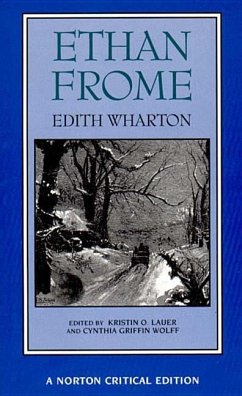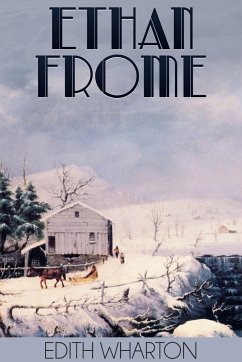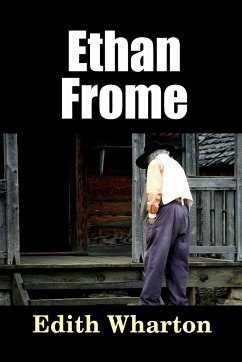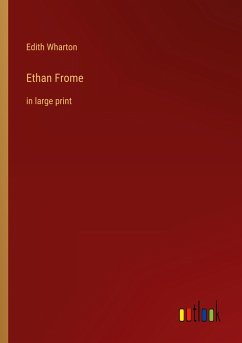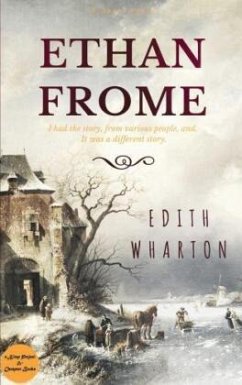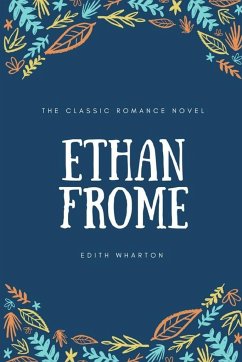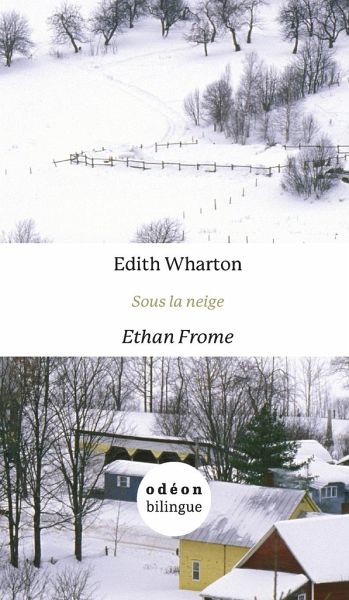
Ethan Frome / Sous la neige
English-French Side-by-Side
Versandkostenfrei!
Versandfertig in 1-2 Wochen
23,99 €
inkl. MwSt.

PAYBACK Punkte
12 °P sammeln!
Read the American classic in English and French. This novella follows a family whose temperament reflects that of the New England countryside around them: cold, empty, seemingly without end. Odéon Bilingue makes reading in two languages fun and simple. All paragraphs are numbered and appropriately placed side-by-side. Save for a few exceptions, all paragraphs begin and end on the same page, thus eliminating unnecessary page-flipping.





